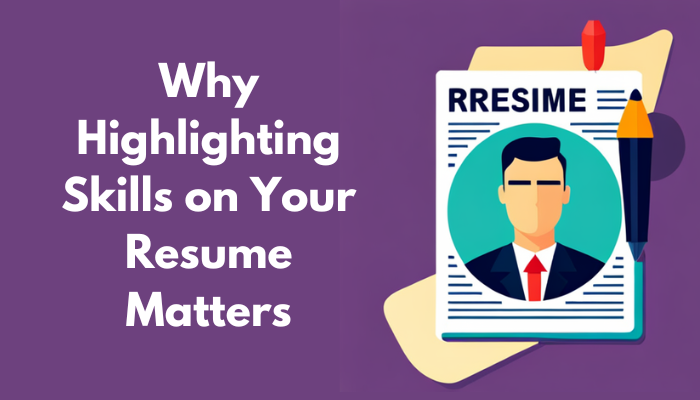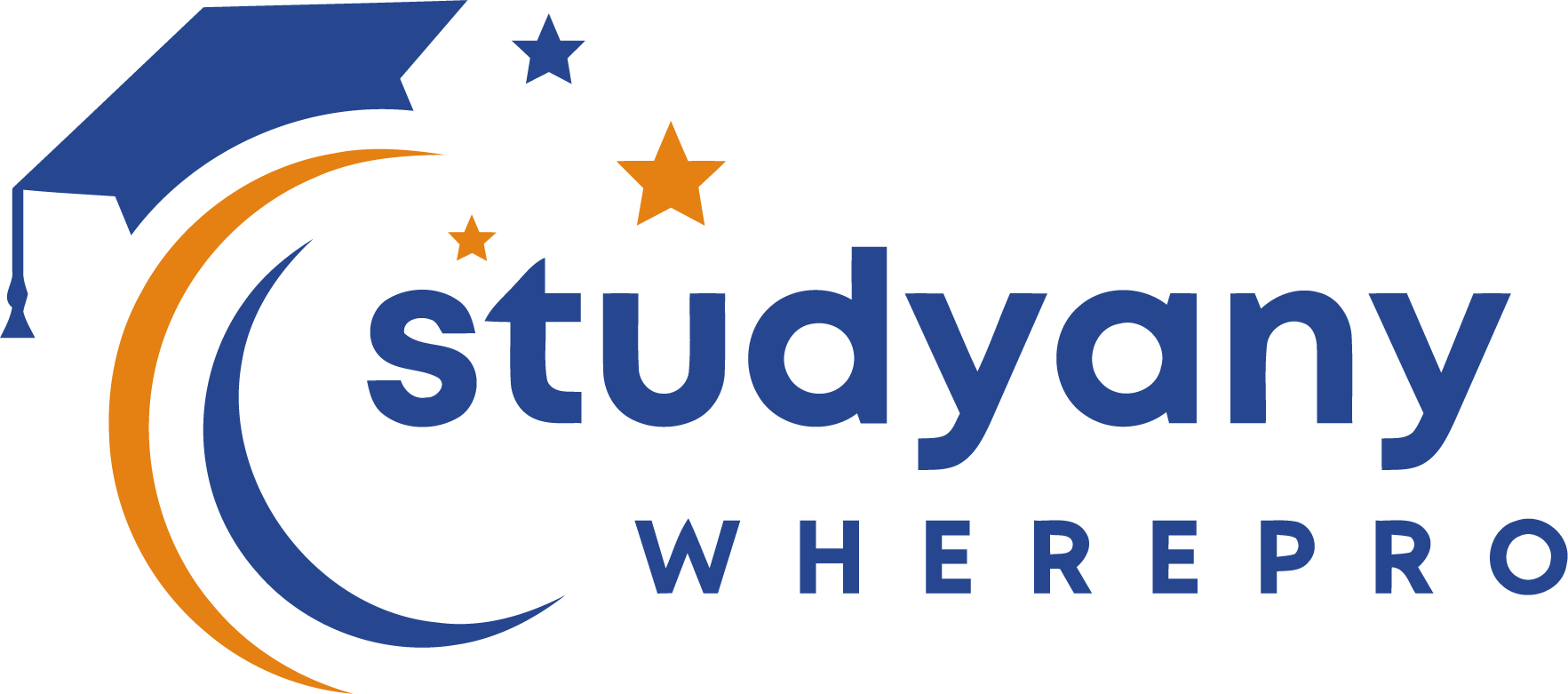With the job market growing more competitive by the day, having a polished resume is crucial if you want to set yourself apart from other candidates. But which of your skills are worth putting a spotlight on in the eyes of potential employers? Pat yourself on the back for getting this far, but also face reality: If you’re only starting out or if you’re looking to switch careers, having ammo in your resume can make a world of difference. In this blog post, I will take you through 10 out of top skills to put on your resume and how they help you acquire dream job.
Why Should I Put Skills In my CV?

| Aspect | Positive | Negative |
|---|---|---|
| Relevance | Highlights skills that are directly relevant to the job, making it easier for recruiters to see your fit for the role. | Including too many skills, especially if irrelevant, can dilute the focus of your CV. |
| Attractiveness | Makes your CV more attractive to employers and Applicant Tracking Systems (ATS) that scan for specific skills. | Overemphasizing certain skills without evidence or context may come across as disingenuous. |
| Demonstrates Competence | Clearly shows your competencies and qualifications, giving concrete examples of what you can bring to the job. | If skills are not backed by concrete achievements or experience, they may seem hollow. |
| Personal Branding | Helps in personal branding by showcasing your unique strengths and differentiating you from other candidates. | Focusing too much on skill lists might overshadow other important CV sections, such as achievements and experience. |
| Career Development | Provides a snapshot of your career development and areas of expertise, showing your growth and specialization. | Skills need to be regularly updated; outdated or irrelevant skills can make your CV appear less current. |
Skills on your resume is important because it gives the employer a quick snap shot of what you can bring to their organization. Skills are one of the first things hiring managers see when looking at resumes – and they are among the most important elements that will determine whether or not you land an interview. Having a well-roinded skill set prooves that you are both versatile and able to adapt, as well as ready for new challenges.
Hard Skills vs. Soft Skills
Hard-Skills vs Soft SkillsResume writing starts with distinguishing between hard skills and soft skills. Specific abilities and quantifiable learning adeptness are hard skills, which means you would include fluency in a foreign language or knowledge to use particular software programs. Whereas, soft skills are more abstract and have to do with how you work with other people like communication or teamwork.
Examples of Hard Skills
Technical ProficiencyWhich: Coding and data analysis, graphic design etc. Helps You Land : For an industry that is driven by technology,it does know how to identify people who understand it Depth Can Add Value Of Their Own for example publishing a marketing campaign under-brands sender address, making changes as needed truly matters in social media sphere
Project Management: Stakeholders in any number of fields come to appreciate those who can be entrusted with a project and see it through until completion. You might want to mention tools like Microsoft Project or Trello
Languages: Being multi-linguistic will also be a great advantage particularly in multinational companies.
Examples of Soft Skills
Communication – verbal and writing skills are almost always key in any job.
TeamworkEmployers often regard the capacity to function well with others as a leading soft skill,
Problem-solving – The ability to think critically and solve problems is essential in any field.
Identifying Your Key Skills
Before you can add the skills that are going to be great for your resume, here is how it will go. Consider what you have learned from your past professional and personal experiences and which skills those situations developed. This will also give you a perspective of what to ask your peers or mentors for guidance on later
Utilizing Different Skills For Each Job Application
To increase your chances of being noticed, you should tailor your resume to every job application. Read the job description closely and furthermore, pick out skills that will resonate with your potential employer Next, position these competencies in which hiring managers can easily see them on your resume.
Best Skills to Add on the Resume
| Skill Type | Positive | Negative |
|---|---|---|
| Technical Skills | Demonstrates specific expertise required for the job, such as software proficiency or technical knowledge. | May become obsolete quickly if not kept up-to-date with industry changes. |
| Soft Skills | Highlights essential interpersonal skills like communication, teamwork, and problem-solving that are valued in any role. | Can be perceived as less tangible and harder to quantify compared to technical skills. |
| Leadership Skills | Shows your ability to manage teams, projects, or initiatives, indicating potential for career growth and higher responsibility. | If not backed by concrete examples or results, it might seem exaggerated or less credible. |
| Certifications | Provides proof of specialized knowledge or qualifications, often required for certain roles or industries. | Overemphasis on certifications can overshadow practical experience and other important skills. |
| Industry-Specific Skills | Demonstrates your familiarity with industry-specific tools, practices, or regulations, making you a strong candidate for niche roles. | Can limit your resume’s appeal if it’s too specialized for positions outside your current field. |
1. Digital Literacy
Tech-savvy is really important in this digital world. Certainly, the more traditional forms of digital literacy – competency in Microsoft Office or acquaintance with social media platforms (or even a stronger skill set for specialized software) could enhance your marketability as a job applicant.
2. Data Analysis
A skilled data analyst/interpreter is one of the hottest tickets around these days in just about every industry. In particular, familiarity with tools like Excel, SQL or Python may be useful. Having data analysis skills tells your future employers you can make well-informed decisions backed by empirical evidence.
3. Project Management
What is Project Management: In laymen terms, a project manager needs to plan and execute the project ably over its life span. This can help your resume, so mention that you are well respective with project management tools and methodologies.
4. Communication
No matter what position you hold, it is important to master L1. Good communication — be it clear emails, presentations or the ability to communicate ideas in a meeting effectively.
5. Problem-Solving
Critical and analytical problem solving are top desired characteristics by employers. Emphasizing problem-solving qualities demonstrates your prowess and resourcefulness in managing unforeseen adversities.
6. Teamwork
Interpersonal Skill – This is required in every field of career If you have ever worked successfully in a team or participated in any team-based projects, mention that to demonstrate your teamwork skills.
7. Time Management
Time management is key to meeting deadlines and keeping a proper hand over things It can also increase your chances of scoring the job by demonstrating that you know how to prioritize and manage your time accordingly.
8. Adaptability
Adaptability is considered important for this time and age, which runs at a fast pace. This is your chance to prove how flexible you are and that regardless of the situation, you get things done.
9. Creativity
Being creative is not just for artists — it’s a skill you need in any field. Creative Problem Solving/Out of the Box Thinking (Creativity): Creativeness can be all form: from solution to IT problems or new ideas around specific area.
10. Leadership
Leadership competences — this is a particularly important point as it remains valid even if you are not applying for the role of leader. Illustrate examples in which you have demonstrated initiative or how one project has led to the next, as these can demonstrate that you are poised for more responsibility.
11. Customer Service
Great customer service skills are vital and this is particularly important in any position that deals with client or customers. The way to position yourself as the perfect candidate is by showing your expertise in handling customer inquiries, complaints resolution and delivering a second-to-none experience.
12. Technical Skills
Skill-set – Industry-specific technical skills can differentiate your resume. Viewing your technical skills like master of coding languages, engineering tools or medical equipment can show yourself as an expert.
13. Marketing
Demonstrating that you can create campaigns, analyze market trends and manage social media may help for marketing-related roles. Photo by CanvaDemonstrating your marketing skills can prove you are in charge of growing the business.
14. Financial Management
Financial management, Budgeting or handling money) istransferrable to any job role. It can also make you a more desirable candidate to mention your financial budgeting skills and data analysis power.
This is Why you Need to Continuously Learn
This is because the job market changes, and so do employers skill requirements. One must not forget that continuous learning and professional development are key to keep abreast of the rest! Take online courses, go to workshops or receive certifications in current skill-set.
How can I work by learning these skills to put on my resume?
| Pros | Cons |
|---|---|
| Increased Employability | Time-Consuming: Learning new skills requires a significant investment of time. |
| Enhanced Job Market Competitiveness | Potential Cost: Some skill development might require expensive courses or certifications. |
| Opens Opportunities for Career Advancement | Skill Overlap: Gaining skills that overlap with existing ones may offer diminishing returns. |
| Improved Confidence and Job Performance | Risk of Mismatch: New skills may not always align perfectly with job requirements or market needs. |
| Demonstrates Commitment to Professional Growth | Overemphasis on Skills: Focusing too much on acquiring skills might overshadow other important aspects like experience. |
FAQ
Q: How many skills do I need to list on my resume?
Q: How many key skills should you have on your resume? This will see to it that you emphasize the skills that are most relevant to the job at hand and then, support them with specific examples or improvements.
A: In order for your resume to catch the eyes of employers, you should include both hard and soft skills.
A: Yes, you should mix hard and soft skills. Hard skills – show your technical capabilities and credentials, such as programming languages or certificates. Soft skills – description of how well you work with others and adapt in different environments(communication skill)setc
How to demonstrate your skills on the resume’s experience section
A: More of, give examples of where you used your skills in the past. Provide metrics or outcomes: e.g., “increased sales by 20%” or “Decreased project timelines, thus improving team efficiency.”)
Q: Do I need to Provide different Skill set for a Job Application?
A: Absolutely. It comes in handy during application times as your resume can be tailored to meet the requirements of each job you apply for, channeling only what needs to rest on paper. Review the job description thoroughly, and align your skillets to what the employer is looking for in a candidate.
Q: What about listing skills with little experience?
If you have not held many traditional jobs, focus on your internships, volunteer work or activities from school and off-campus. Highlight only those skills that are transferable for the job you want.
Q: Should I list personal skills in a resume?
Yes A: Personal skills such as time management, adaptability and communication can be a major benefit for an employer. However, it must be in an official form so that they can correlate these skills to the job you are seeking.
Q: What is the Ideal Design to Highlight Top Abilities in a Resume?
Q: How can skills be included on a resume? A: You may choose to list your skill set in its own section, incorporate them within the professional experience or do both. Bullet points make your skills more prominent and readable for hiring managers.







Excellent job handling the feedback and making the necessary adjustments. Your adaptability is impressive
Thank you very much for your feedback
Your communication skills are top-notch. You effectively conveyed your ideas and made sure everyone was on the same page
I’m really impressed by your time management skills. You consistently meet deadlines without compromising quality
Thank you very much for your feedback
Your enthusiasm and commitment to the project are inspiring. It motivates others to put in their best effort
Thank you very much for your feedback
The quality of your work is consistently high. You have a knack for producing outstanding results every time.
Thank you very much for your feedback